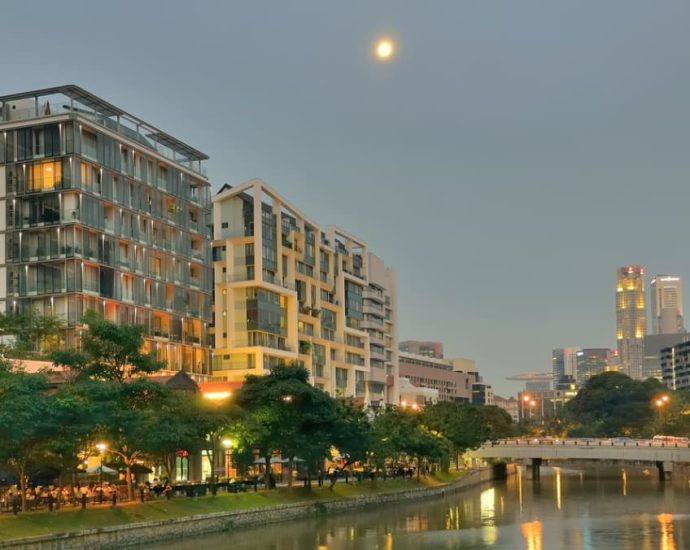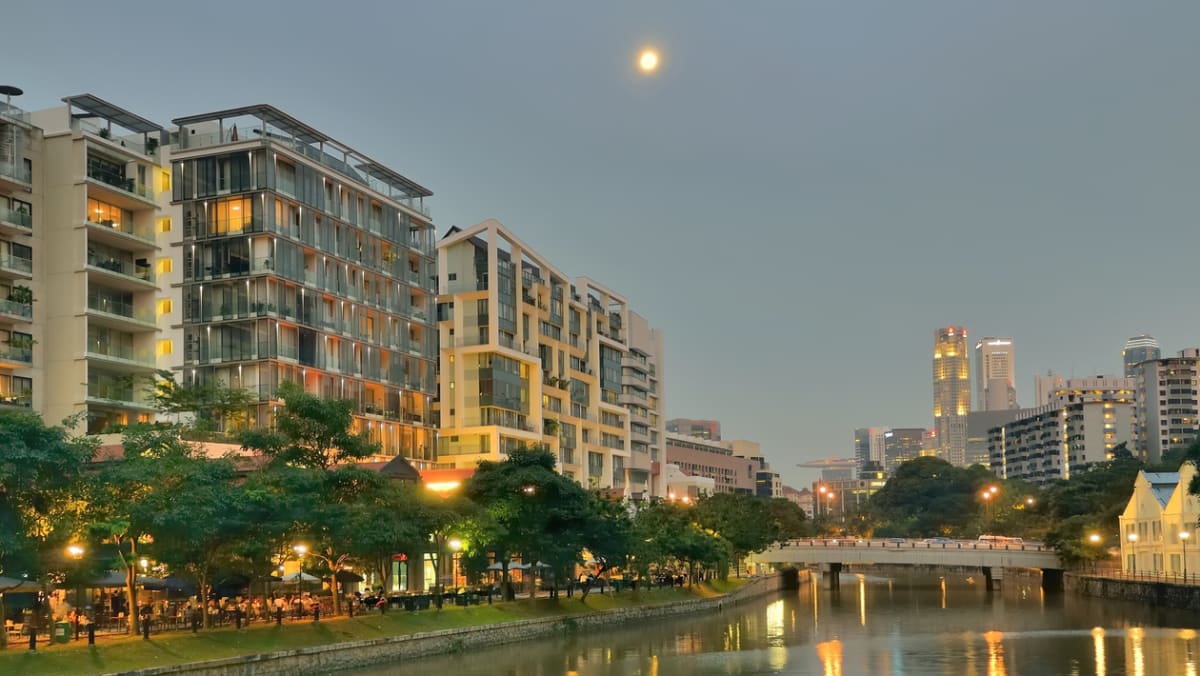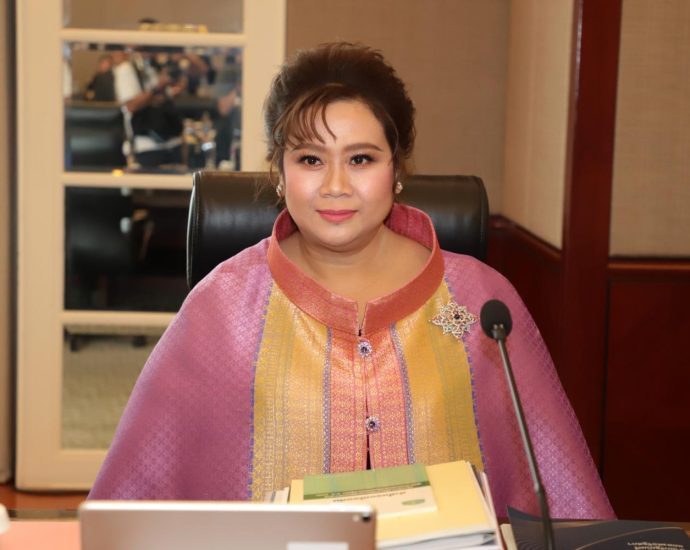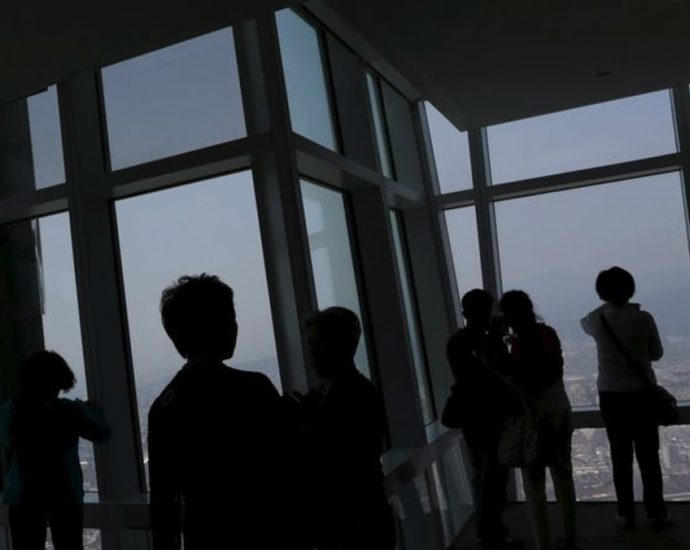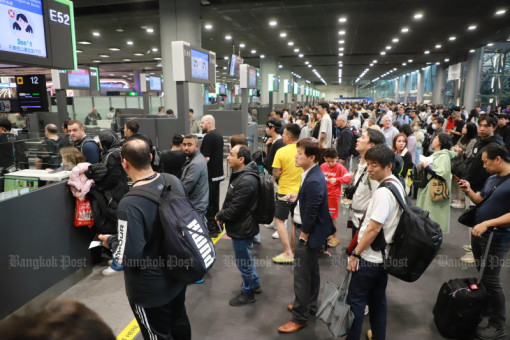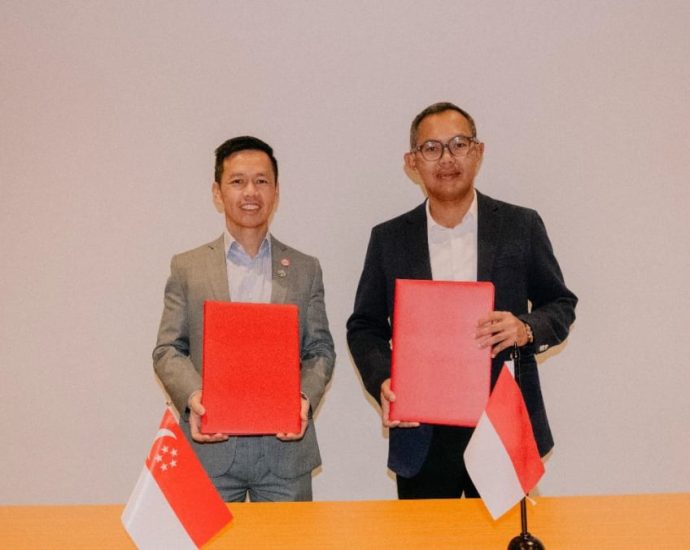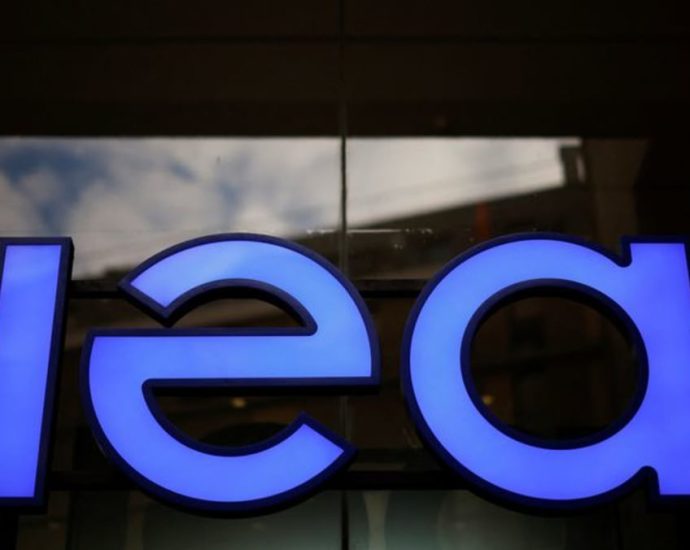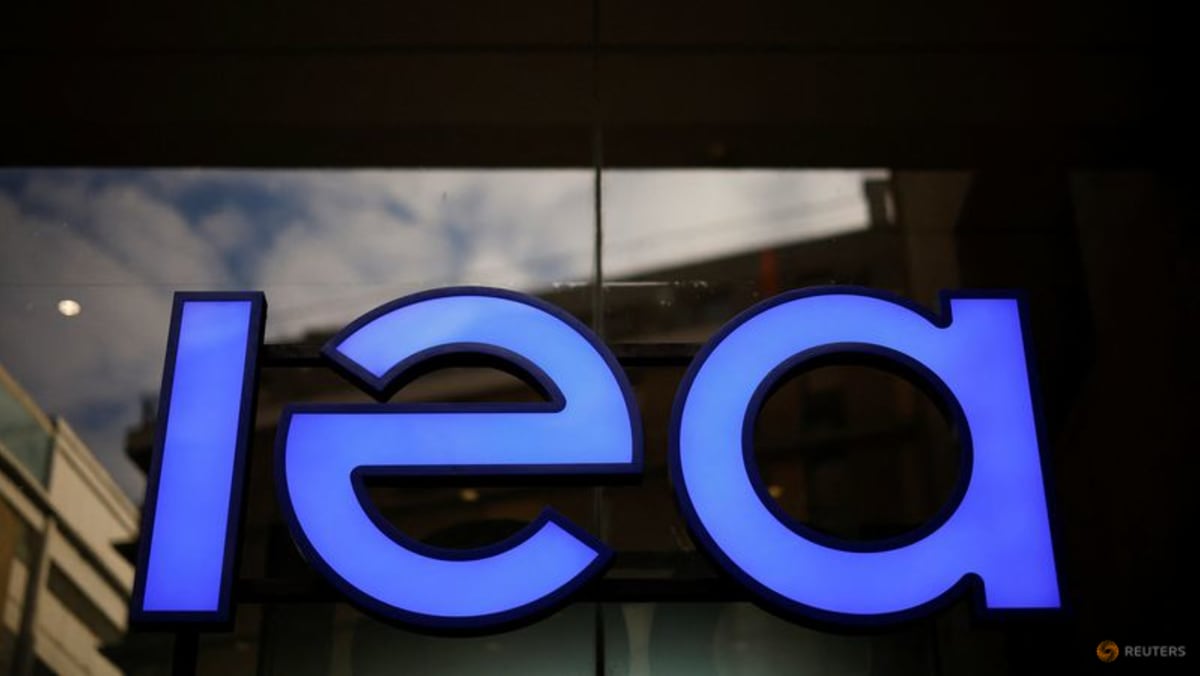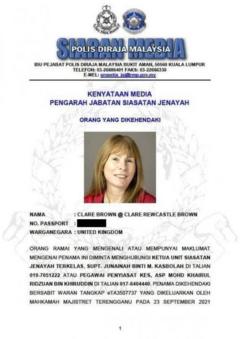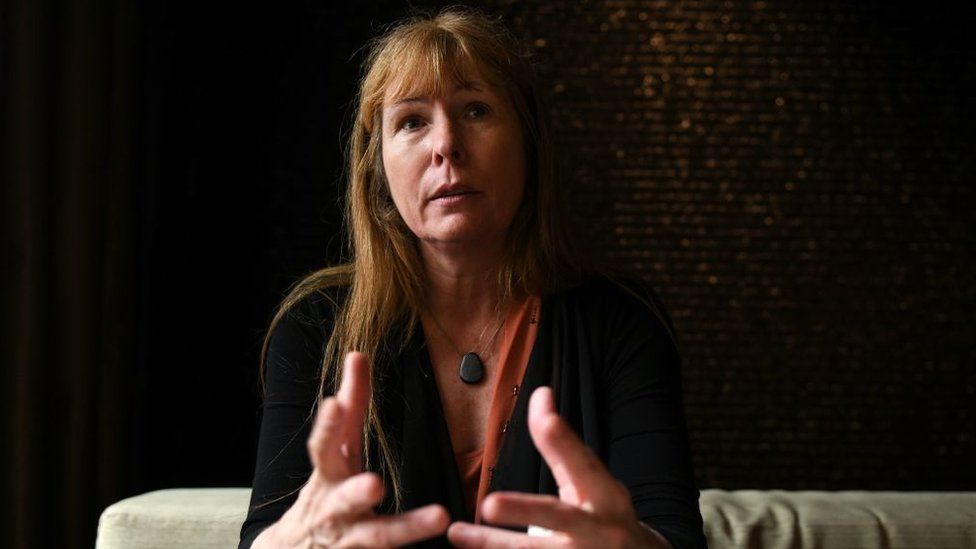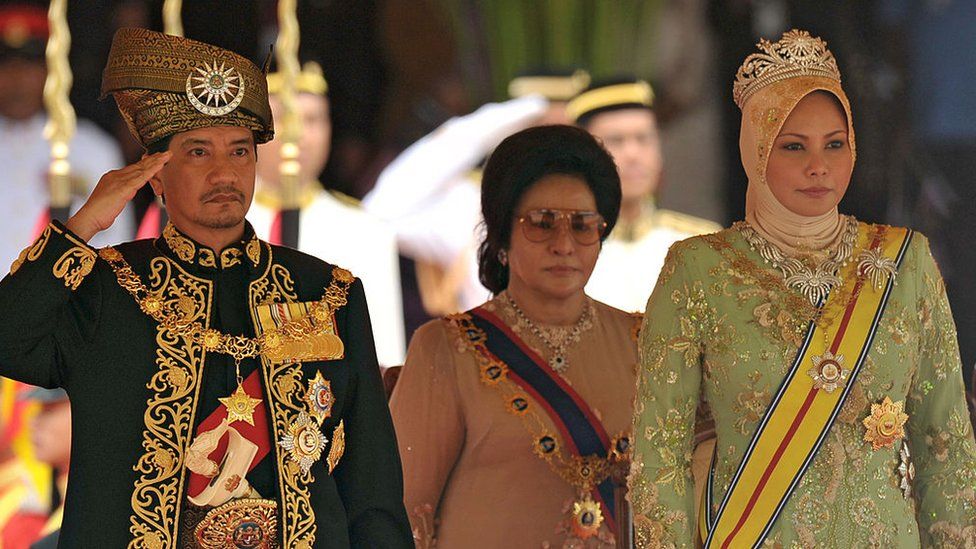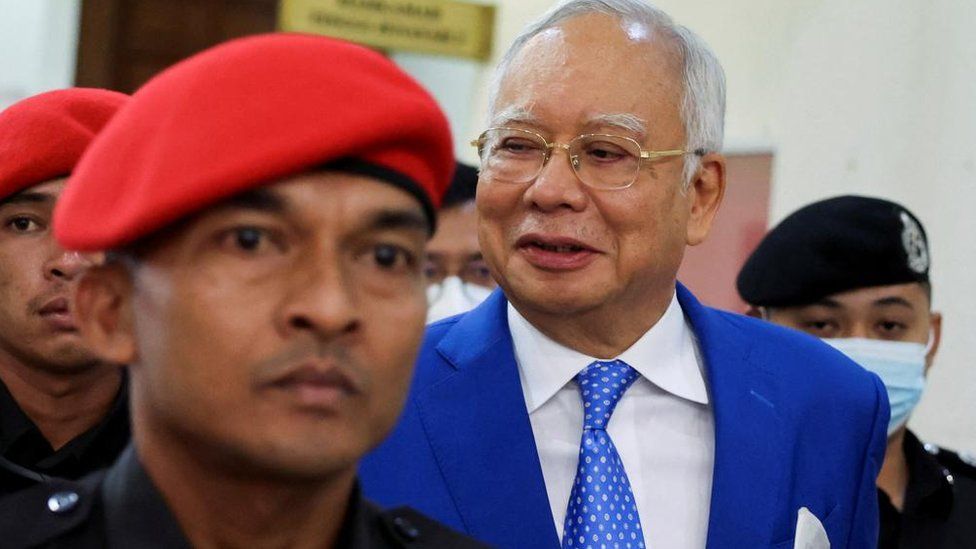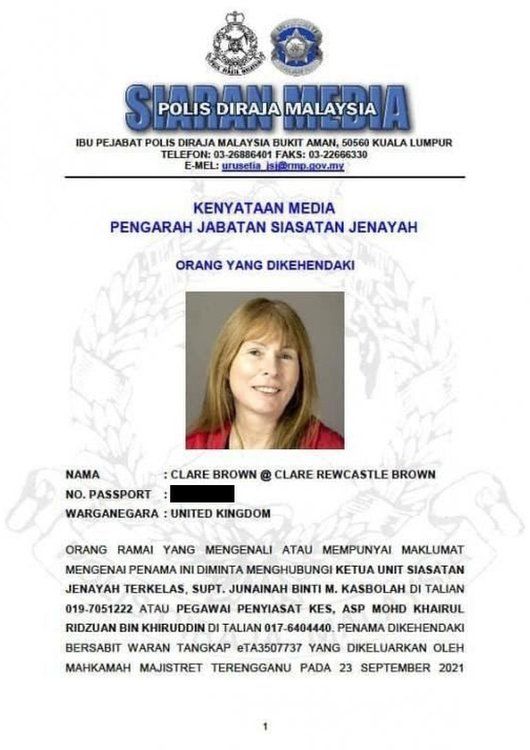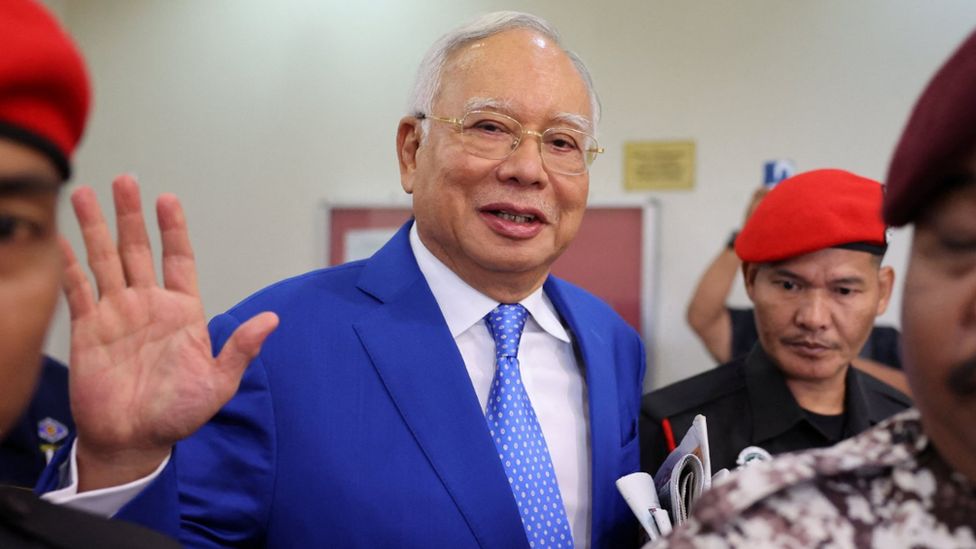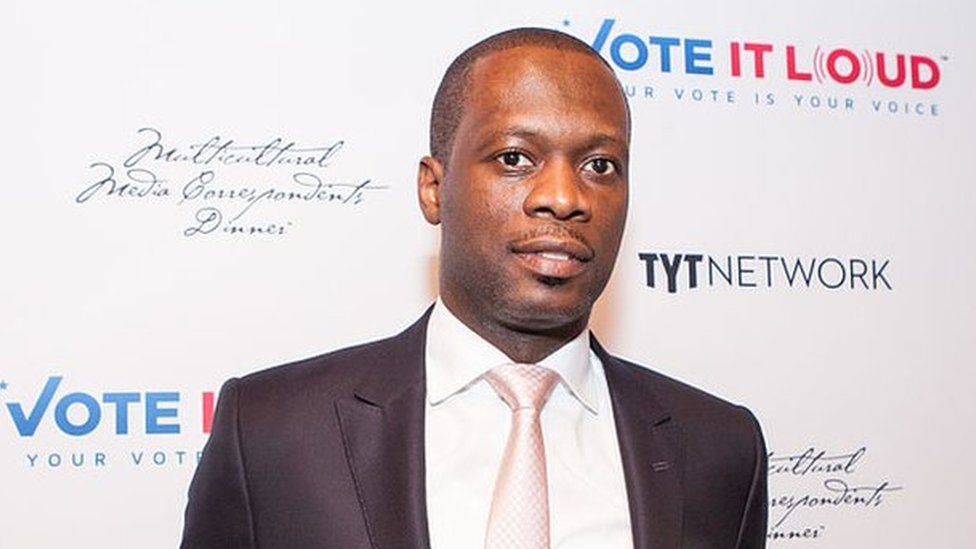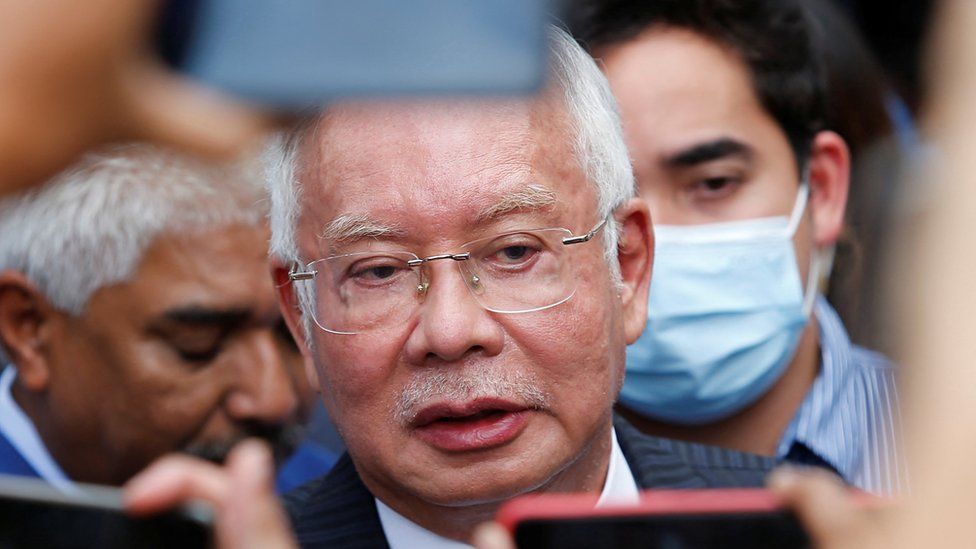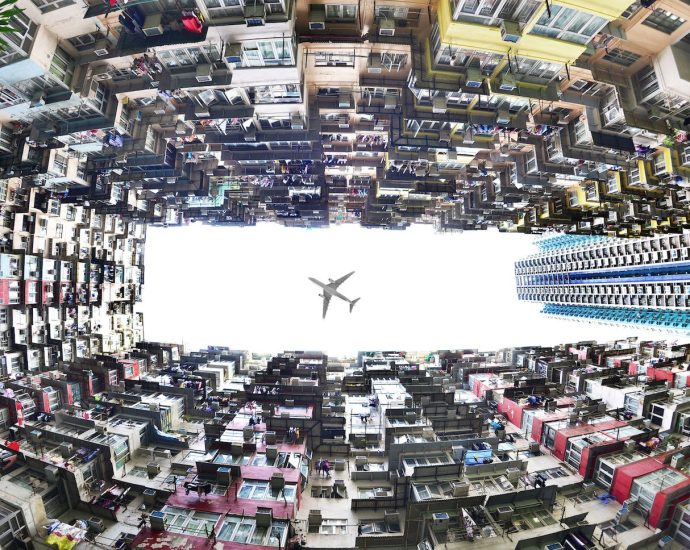Govt rolls out CCA screening

PUBLISHED : 19 Feb 2024 at 04:30
Thailand has the highest incidence of cholangiocarcinoma (more commonly known as bile duct cancer) among Asean countries, according to Public Health Minister Cholnan Srikaew.
Speaking at an event marking World CCA (cholangiocarcinoma) Day in Maha Sarakham on Sunday, Dr Cholnan said the cancer is mainly caused by liver fluke.
As Thailand has the highest incidence of CCA in Southeast Asia, the ministry is working with various agencies to eradicate and treat existing CCA cases in 30 high-risk provinces.
By introducing thorough screening for liver flukes for people above 15 years old, and quick detection of cholangiocarcinoma in those aged over 40, the ministry aims to reduce the infection rate to lower than 1% of the population by 2025.
Screening for the condition will be rolled out for individuals considered at high risk of developing CCA, using a liver fluke screening kit developed by Khon Kaen University.
Several Royal Covid Testing Vehicles have also been repurposed to provide ultrasound screening, he said.


